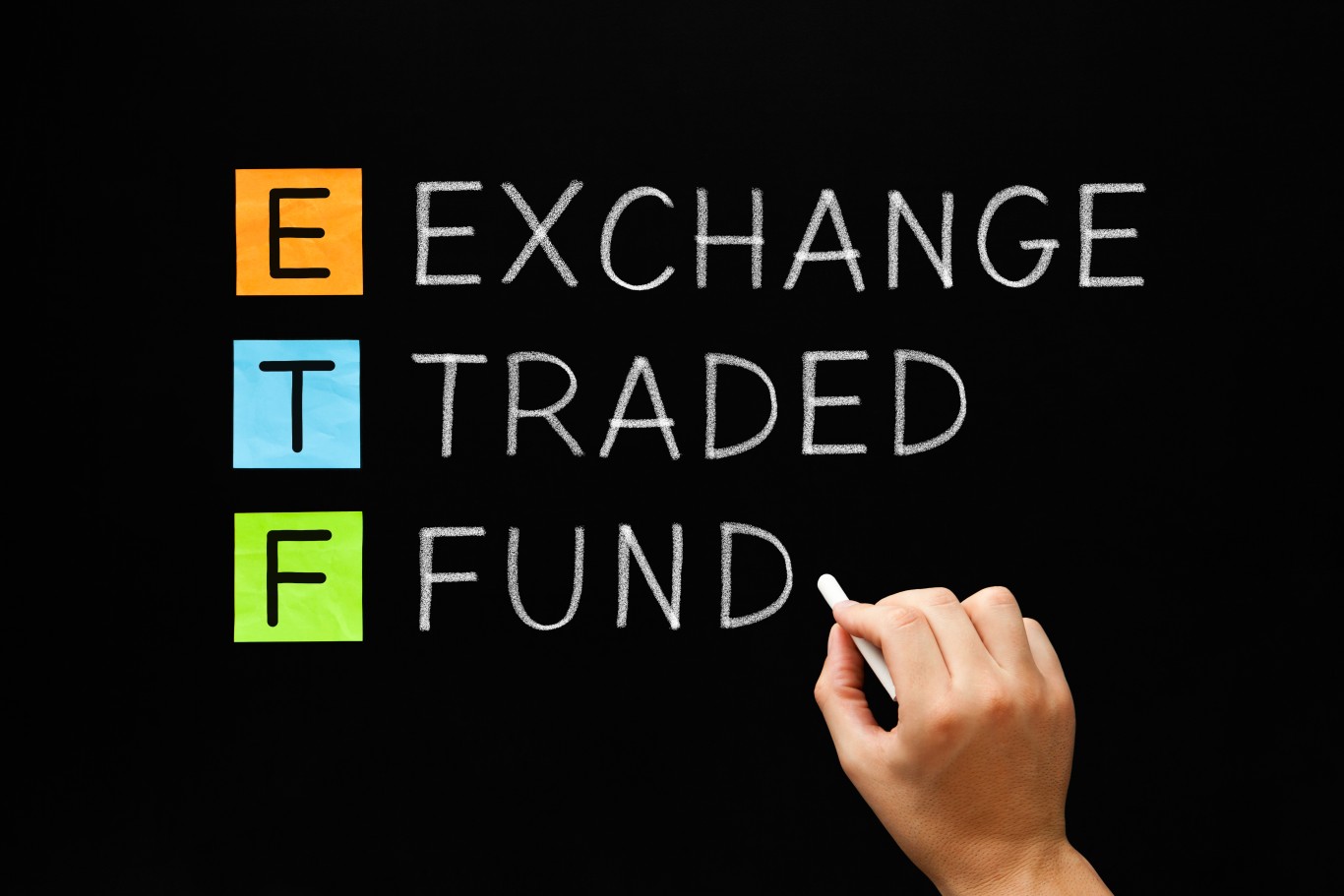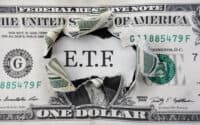 Late yesterday the US Department of Commerce released its preliminary findings in the anti-dumping case against Chinese solar panel makers. The principal finding of the International Trade Administration, the DoC agency that rules on international trade cases, is simple:
Late yesterday the US Department of Commerce released its preliminary findings in the anti-dumping case against Chinese solar panel makers. The principal finding of the International Trade Administration, the DoC agency that rules on international trade cases, is simple:
Commerce preliminarily determined that Chinese producers/exporters sold solar cells in the United States at dumping margins ranging from 31.14 percent to 249.96 percent.
By ITA’s definition, “dumping occurs when a foreign company sells a product in the United States at less than fair value.”
Two Chinese companies, Suntech Power Holdings Co. Ltd. (NYSE: STP) and Trina Solar Ltd. (NYSE: TSL), will have to pay “dumping margins” (tariffs) of 31.22% and 31.14%, respectively. An additional 59 companies and subsidiaries, including Canadian Solar Inc. (NASDAQ: CSIQ, Hanwha Solarone Co. Ltd. (NASDAQ: HSOL), Yingli Green Energy Holding Co. Ltd. (NYSE: YGE), LDK Solar Co. Ltd. (NYSE: LDK), Jinkosolar Holding Co. Ltd. (NYSE: JKS), and JA Solar Holdings Co. Ltd. (NASDAQ: JASO), will pay dumping margins of 31.18%.
The government of China has already rejected the findings, and the Associated Press reports that a Commerce Ministry official said, “The U.S. ruling is unfair, and the Chinese side expresses its extreme dissatisfaction.”
In reality, the Chinese got off easy. The dumping margins are set at the absolutely lowest end of the scale. In March the Commerce Department hit the Chinese makers with tariffs of less than 5%, far below the 100% tariff demanded by SolarWorld and its co-complainants.
The Commerce Department even left the Chinese makers a way out:
Modules, laminates, and panels produced in a third-country from cells produced in the PRC are covered by this investigation; however, modules, laminates, and panels produced in the PRC from cells produced in a third-country are not covered by this investigation.
So China can move its solar cell manufacturing to Thailand or the Philippines or Vietnam, re-import the parts to China for final assembly, and sell the finished goods in the US without penalty, and presumably at whatever price the manufacturers want.
The largest part of the US solar industry is also likely to be dissatisfied by the preliminary ruling. Companies like Real Goods Solar Inc. (NASDAQ: RSOL) and SolarCity — which has filed for an IPO — have been able to turn low prices for solar panels into a healthy installation business. US solar makers First Solar Inc. (NASDAQ: FSLR), SunPower Corp. (NASDAQ: SPWR), and MEMC Electronic Materials Inc. (NYSE: WFR) all own their own project management and installation businesses as well.
Yesterday’s ruling by the ITA is a not much more than a loss of face to China’s makers, while it could be a real job-killer in the US. Anyone who believes that manufacturing solar cells and modules in the US will become a massive industry probably also believes in the Easter Bunny.
A final ruling on the case is not due until November, and appeals are possible — and likely — fairly quickly.
The ITA’s preliminary ruling is available here.
Most Chinese solar stocks are trading higher in the pre-market this morning. That should tell you all you need to know about this ruling.
Paul Ausick
Want to Retire Early? Start Here (Sponsor)
Want retirement to come a few years earlier than you’d planned? Or are you ready to retire now, but want an extra set of eyes on your finances?
Now you can speak with up to 3 financial experts in your area for FREE. By simply clicking here you can begin to match with financial professionals who can help you build your plan to retire early. And the best part? The first conversation with them is free.
Click here to match with up to 3 financial pros who would be excited to help you make financial decisions.
Have questions about retirement or personal finance? Email us at [email protected]!
By emailing your questions to 24/7 Wall St., you agree to have them published anonymously on a673b.bigscoots-temp.com.
By submitting your story, you understand and agree that we may use your story, or versions of it, in all media and platforms, including via third parties.
Thank you for reading! Have some feedback for us?
Contact the 24/7 Wall St. editorial team.



